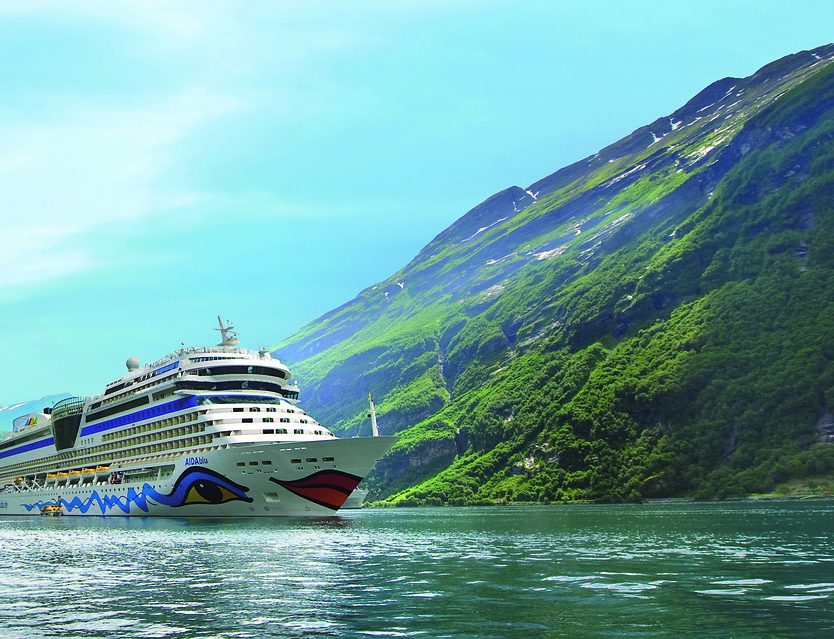
© Netzwerk Biogas Maritim
The discharge of organic waste on land by international cruise ships is currently only permitted, due to the health risks this poses for human beings and animals, after it has been incinerated and disposed of at an approved landfill. We are lacking an efficient technology, which will enable a waste-to-energy use of the refuse on land in a way that still complies with the law.
This was precisely the goal of the research project “Waste and Sludge to Energy – Disposal Concept for Ship Waste of International Origin”. In future, an effective biogas method will not only reduce the high energy requirements for treating waste on board ships, the disposal costs and the negative repercussions for the environment, but will also offer shipping companies incentives to dispose their waste on land. The hygiene level required by law is to be attained by means of pyrolysis or hydrothermal carbonisation (HTC): apart from energy, biochar would also be produced in the process.
Initially, the project will involve injecting the material flow with test germs. Then, accompanying sample tests and analyses will determine the level of hygiene along the processing chain. The project partners Innovations- und Bildungszentrum Hohen Luckow e. V., ROSOMA - Sondermaschinen- und Anlagenbau GmbH and LMS Agrarberatung GmbH are also exploring an anaerobic solution for bridging the winter months – during this period, no cruise ships dock at German ports. Until the project is completed in November 2018, a solution is to be found for the low-loss storage of organic waste.
The project is being funded by the Federal Ministry for Economic Affairs and Energy within the scope of the Biomass Energy Use Initiative.


